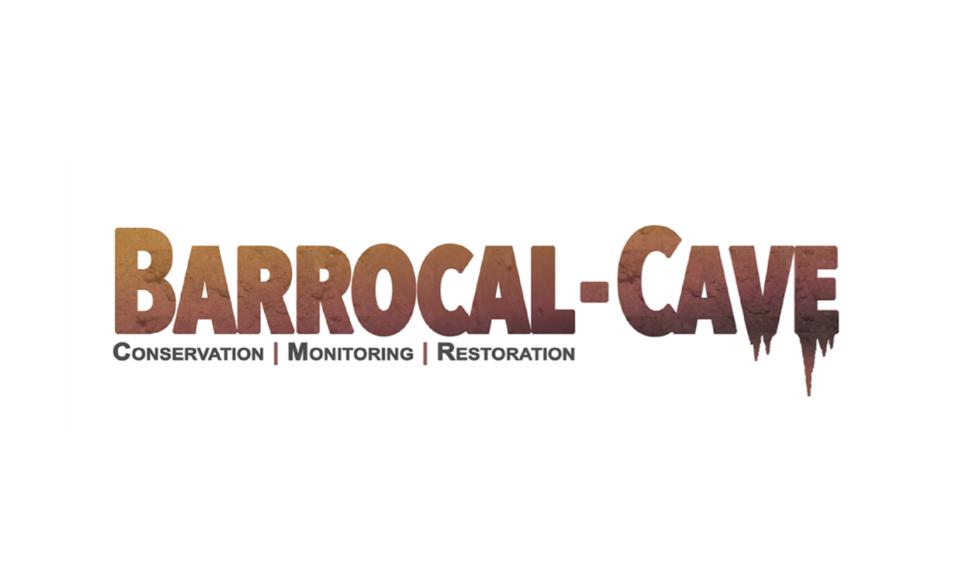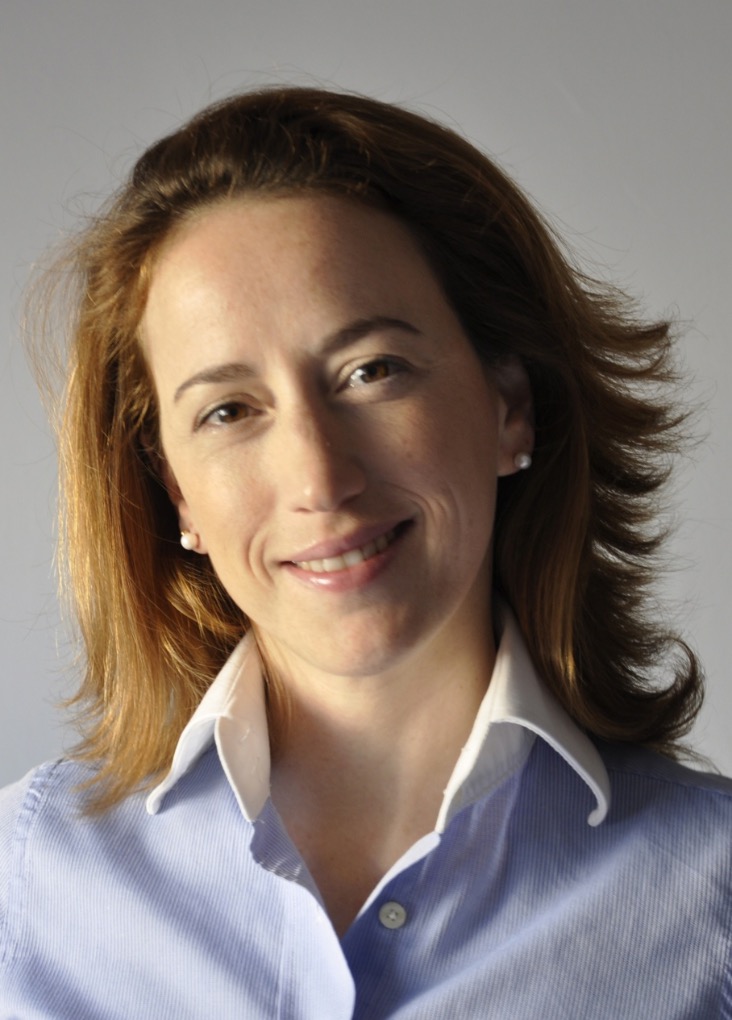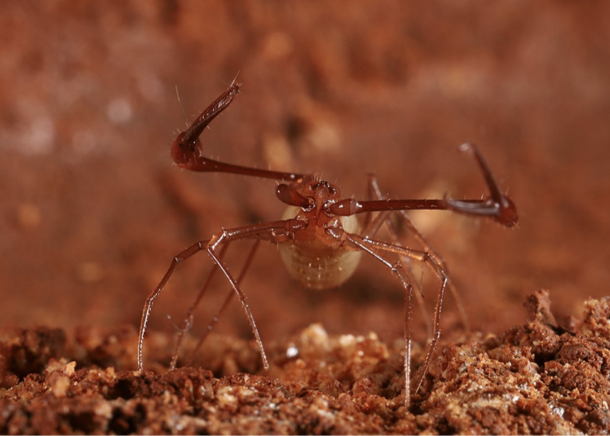
Summary:
Below the ground lives the most rare, endangered and unprotected species worldwide. Neglected in conservation policies, cave animals have high endemism patterns and constitute a unique national biological heritage, and simultaneously provide important services for humanity linked with carbon and nutrient cycling. Despite being isolated in the underground, they are directly impacted by pollution and environmental changes.
Recently, a single cave in the karst area of the Algarve (Barrocal) has been recognised as world hotspot for subterranean biodiversity, due to its incomparable richness in endemic species, many of those only known from this cave. A unique site in Portugal that faces several acute threats, as urbanisation and degradation of surface influence areas. This urges its study, protection and restoration of degraded areas, in order to generate useful information for its protection and a framework for its future ecological assessment, based on solid scientific knowledge. Barrocal-Cave project will fill this gap, laying the foundations for the conservation of the world-class cave biodiversity hotspot in Portugal. We will assess its biodiversity and conservation status, implement a long-term monitoring vis-à proposal for the creation of the first Cave Long Term Ecological Research (LTER) of Western Europe, and assessment its ecological restoration needs in degraded areas of the cave and its surface influence area. Finally, aligned with the stakeholders, we will prepare a formal proposal for a legal framework for the protection of this worldwide important cave habitat and of its most relevant unique species, ensuring its sustainability. This also includes the implementation of a specific programme for raising awareness on the value and uniqueness of cave ecosystems as a legacy for the future generations.
Keywords:
Biodiversity; LTER; Environmental monitoring; Ecology; karst
Partners:
Universidade Lusófona, Universidade do Algarve, Câmara Municipal de Loulé
Project Team:
Gonçalo Calado, Cristina Veiga-Pires


